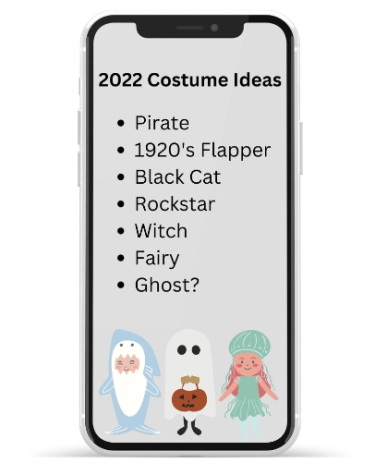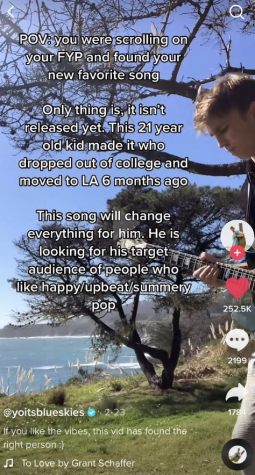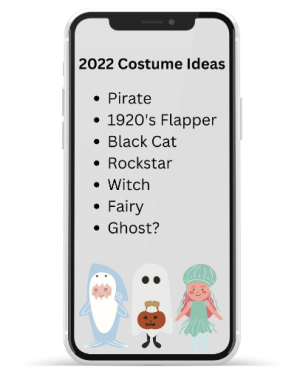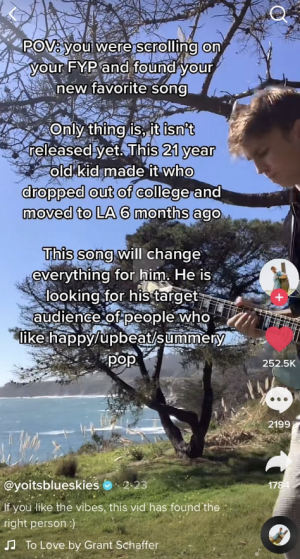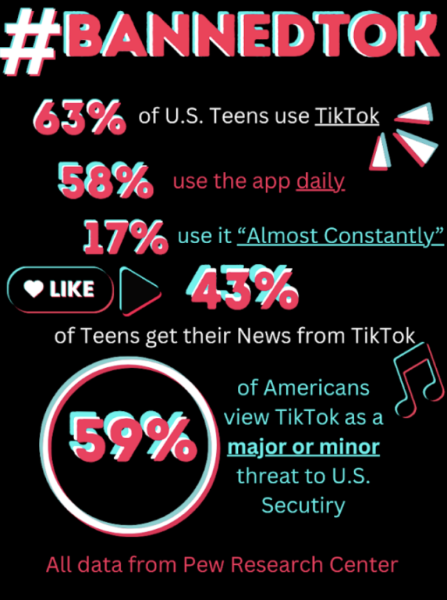Proposed Connecticut legislature requires parental permission for young social media users

Proposed Connecticut legislation would require parental consent for social media users under the age of 16 to sign up for popular social media platforms, including but not limited to, Snapchat, Instagram and TikTok.
Proposed Connecticut legislation would require children under the age of 16 to have parental consent to sign up for social media platforms. This would amend previous legislation that required parental consent for social media for children ages 13 and younger.
Christie Carpino, Connecticut state representative for the 32nd district, initially proposed the bill, HB 5025, in Hartford in 2022. But despite receiving unanimous support from the Children’s Committee, the bill failed. Now, a new version of the bill will be heard before the General Law Committee.
State senator and co-chair for the General Law Committee James Maroney of Milford, is passionate about the passage of the bill.
“We also know we’ve seen the detrimental effects on the mental health of our students,” Maroney said to Westport News. “While we can’t necessarily say social media has caused [mental health issues], there is a strong correlation between the rise of social media and the rise in anxiety among our students.”
Jonathan Steinberg, state representative for 136th Assembly District, which encompasses most of Westport, is skeptical of the bill.
While we can’t necessarily say social media has caused [mental health issues], there is a strong correlation between the rise of social media and the rise in anxiety among our students.
— State senator and co-chair for the General Law Committee James Maroney
“While I support the principle that parents are entrusted to look out for their children’s interests, particularly their safety, I wonder if such a law would be practical in any case,” Steinberg said. “It might lead to some constructive and valuable dialogue about online safety, fact-checking and use of time, but could also result in alienation.”
As the former chair of the Legislature’s Public Health Committee, Steinberg is well-aware of the severity of the teen mental health crisis which he said “long predates the pandemic.”
Though the effects of previous legislation surrounding teenage mental health have had lasting positive effects, Steinberg believes this issue can best be solved through an influx of community support.
“Usually,” he said, “more social contact–and I don’t mean more social media time–leads to better mental health.”
Dana Noorily, a Westport parent of three teenagers, supports the passage of the bill, but not without concerns of her own.
“I do support requiring parental consent for children under the age of 16 to sign up for social media platforms, but unfortunately, I don’t think initially it will help all that much; but it is a step in the right direction,” she said. “I think kids will find ways around the approval for online before they are 16.”
Since the bill was proposed in Connecticut, numerous other states have followed suit. In Ohio and Utah, similar bills are being heard before their state congressional houses.

Paper News Editor Mia Bomback ’25 went with a friend to the Back-To-School issue layout and instantly fell in love with Inklings and the chaos that comes...













































